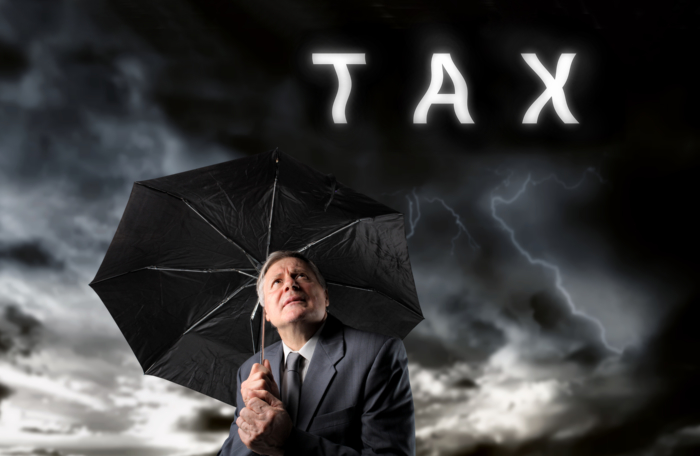NH House has passed $56.5 million in new spending, $31 million in new taxes per week in 2019 (so far!)
In the first 10 weeks of the 2019 legislative session, the New Hampshire House of Representatives passed nearly $310 million in tax and fee increases and $565 million in new spending, Grant Bosse reported at New Hampshire Journal this week. That’s $31 million worth of tax and fee increases and $56.5 million in new spending per week.
“The full House voted to increase the state’s two largest business taxes, accounting for most of the increased tax revenue in Fiscal Years 2020-2023. But the House has also passed several other pieces of legislation that increase state revenues or expenditures. If all the bills given House approval were to be signed into law, taxes and fees would increase by $108 million in the next two years, and by $202 million in the following biennium, according to official estimates from the Legislative Budget Assistant’s Office (LBAO).
“Other new revenues come from a tax on mutual funds to pay for a new state college savings program, an increase in OHRV and snowmobile fines, and more than doubling environment fees.
All that revenue doesn’t come close to covering the $565 million in new spending the House has passed so far.
“Spending would jump by $319 million in FY 20-21, and $246 million in FY 22-23. These figures do not capture the full increase in the state budget. In many cases, lawmakers have only appropriated funds for the first year or two on a new program, and the LBAO does not assume that spending in one budget will necessarily be carried over to the next.”
New minimum wage regulations
In addition to raising taxes, primarily on businesses, the Democratic-controlled legislators have moved forward bills to mandate that businesses pay their lowest-skilled employees above-market wages.
The House on March 14 passed House Bill 186 to raise the minimum wage by 60 percent, to $12 an hour, over the next three years.
The Senate on March 14 passed Senate Bill 271 to mandate that contractors hired for public works projects pay at least the “prevailing wage” for construction work.
Both are minimum wage bills that force employers to pay entry-level employees rates typically paid to more experienced employees. As we noted in a policy brief earlier this week, such minimum wage hikes harm the lowest-skilled workers.
As a 2015 Federal Reserve Bank of San Francisco review of minimum wage literature concluded, “the most credible conclusion is a higher minimum wage results in some job loss for the least-skilled workers—with possibly larger adverse effects than earlier research suggested.”
Though these wage mandates are intended to be a forced wealth transfer from businesses to low-income employees, they wind up transferring wealth and opportunities from the lowest-skilled workers to higher-skilled competitors.
Why would legislators pass a law to move the lowest rung on the economic ladder farther out of reach for the least-skilled workers?
Politics is a game of stories, not data. The minimum wage story is easy to tell from the vantage point of supporters. They can produce lots of people who tell lawmakers and the press how hard it is to make ends meet doing low-wage work.
Though opponents have better data, you can’t go to a fast food restaurant and find the employee who wasn’t hired, then bring him to testify to legislators. The data show clearly that minimum wage increases reduce job opportunities for the lowest-skilled workers. But the people who weren’t hired aren’t told that they might have been hired at $8 an hour but not at $12, so they can’t tell that story.
Business owners and managers are being loaded with new expenses (this doesn’t even include the unnecessary paid family leave mandate) that will extract from them hundreds of millions of dollars. If all of these bills become law, it will be hard to see how the state’s jobs boom is not harmed.




the senate should not be weak and pass these socialist laws!!!